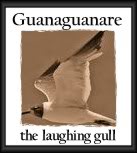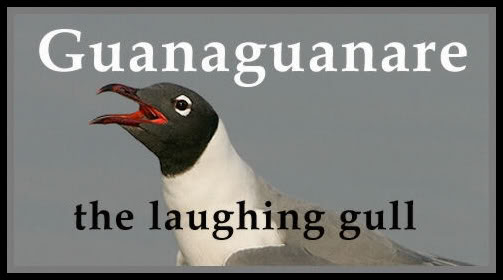XXIX. A BOCA ROSE.
By A.D. Russell
Go, lovely rose, tell her, herself a rose,
Emblem of love divine, new-born on earth,
How out of things more gross, passion and pain and loss,
Grows yet the perfect flower of priceless worth.
Out of the soil it grows, out of the mire,
Perfect and pure and warm as Jesus' breath,
Which made the blind to see, which bade the bond be free
And gave the living soul to what was death.
True, but to fade it blooms; true, but to die;
Living, it may not fade, though all things may.
This, this its meed, its dower: if love, in some high
hour.
Pluck it and wear it, then — cast it away !
Even so ! For if, perhaps, his lip have pressed
Its petals lip, and lip pressed lip again —
As, when men sat at meat, one kissed the Master's feet
Against his burial — is it in vain !
Shall not a moment outweigh all the years ;
One look, one touch throb on until life's close;
What love, what pity gave — ay, be it in the grave,
Abide and comfort us — and thee, poor rose ?
p. 129
NOTES.
One afternoon I walked into the drawing-room and dis-
turbed an emotional scene
No, I will not tell. Noblesse oblige.
The Child ran out by a door on the other side. — Scribbler
went and looked out at the window.
I ? I took up a newspaper and pretended to read. Then
slipped out, quietly,
The same evening Scribbler came, and with much mystery
made me depositary of a sealed packet. Not to be opened till
next day. Such were my instructions.
He went on board the "Apure" the same night, and sailed
before day-break for Bolivar.
Nothing has been heard of him since.
Nearly four years ago now.
At least I have heard nothing. As to the Child, I have
sometimes had a suspicion. But, after all, is it likely? The
Belle of New York, the Belle of London, Paris and various
other cities, is it likely she would remember the callow, the
uninspired Scribbler?
The Magnate died last August. Since then she has been
one of the great heiresses of the world. Had Scribbler remained
at home . . . .
But no, the man was not worthy. He realised that himself.
To return, when I opened the packet, there were miscel-
laneous papers, poems, prose, completed works, fragments,
every sort of thing. On top, "Legends of the Bocas", done
up separate, tied up with blue tape. Inside, "Dedication to a Child," and all the rest. Just as we have published them.
Also the following letter : —
"Dear Ignotus,
"I am off, to carve a name -or perish in the wilds of
"South America. If by the end of three years I have
"not returned, please edit these legends for me in what-
"ever way you think will render them most attractive.
"I have deposited with the Royal Bank of Canada, in
"your name, a sum amply sufficient, I am advised, to
"cover cost of publication, advertisement, etc. If any
"balance is over . . . ."
p. 130
This lyric, "A Boca Rose," was among the miscellaneous
papers. The ink seemed fresh. Mr. Albert Siegert, who has
a fine rose garden at his delightful bay, Grand Fond,
mentioned to me casually one day, that on the afternoon before
he sailed, Scribbler had met him at his door in Chancery Lane.
Mr. Siegert was getting out of his car, with a bunch of roses in
his hands. Yes, fresh from the Bocas. Scribbler had admired
them. Then, he begged for the finest, a lovely "Gloire de
Dijon," and suddenly ran away with it. It struck Mr. Siegert
at the time that he was a prey to some unusual emotion.
He must have sent it to the Child with these lines.
Puling rubbish, I call them. I really thought better of
Scribbler. Look at line fifteen. When he introduced the
Magdalene's kiss, Scribbler himself must surely have been
maudlin.
Scribbler, I found out later, had organized an expedition
on a considerable scale. Mr. Eugene Andre, an explorer of
renown, thought he had done it very cleverly. But Mr. Andre
himself nearly died of starvation in the Caura. Scribbler, who
meant to penetrate much farther into the interior, in search of
some auriferous district he had heard of, ran still greater risks.
If there were any Carib-als or Cannibals about, instead of
''carving a name," poor Scribbler may have been carved
himself.
Far be it from us to suggest he deserved it for his Carib
mythology.
By-the-bye, the Child's name is Rose. — No, Rosemary;
that's it.
p. 131
SOURCE: Legends of the Bocas, Trinidad. By A.D. Russell, London: Cecil Palmer, 1922.pp. 129-131
..............................................................................................................................
"Patria est communis omnium parens" - Our native land is the common parent of us all. Keep it beautiful, make it even more so.
Blessed is all of creation
Blessed be my beautiful people
Blessed be the day of our awakening
Blessed is my country
Blessed are her patient hills.
Mweh ka allay!
Guanaguanare
A Boca Rose [Poem]
Subscribe to:
Post Comments (Atom)












0 comments:
Post a Comment